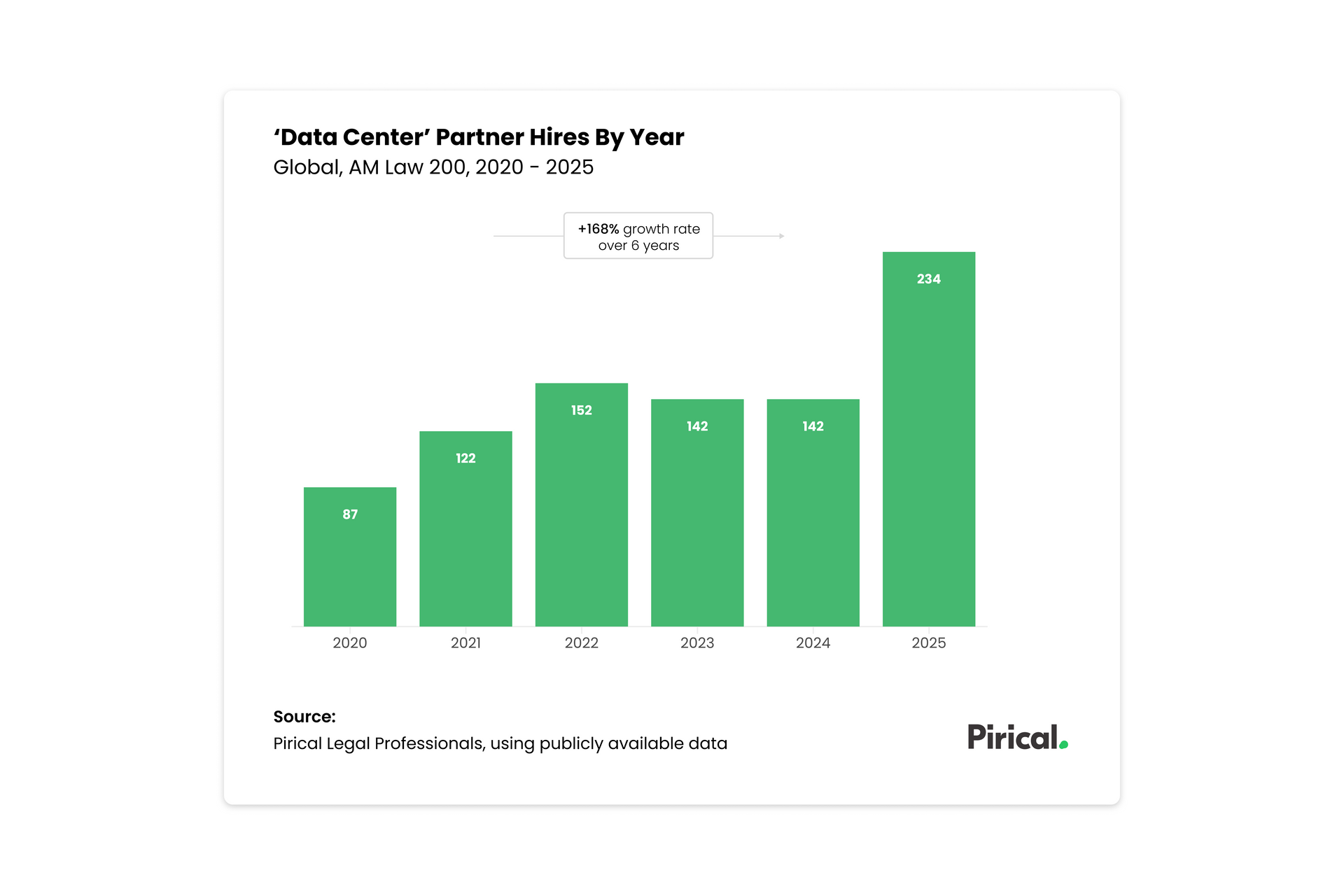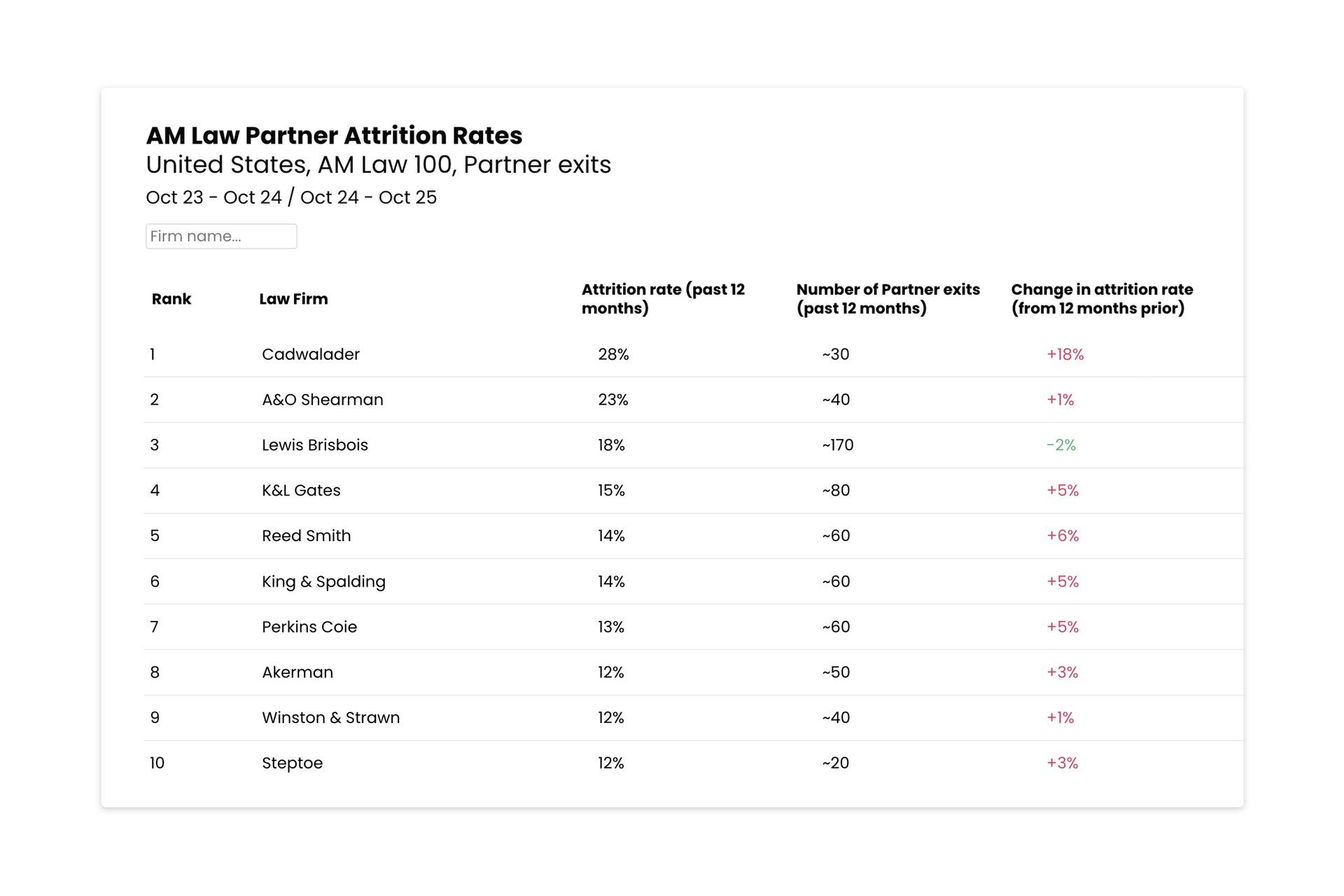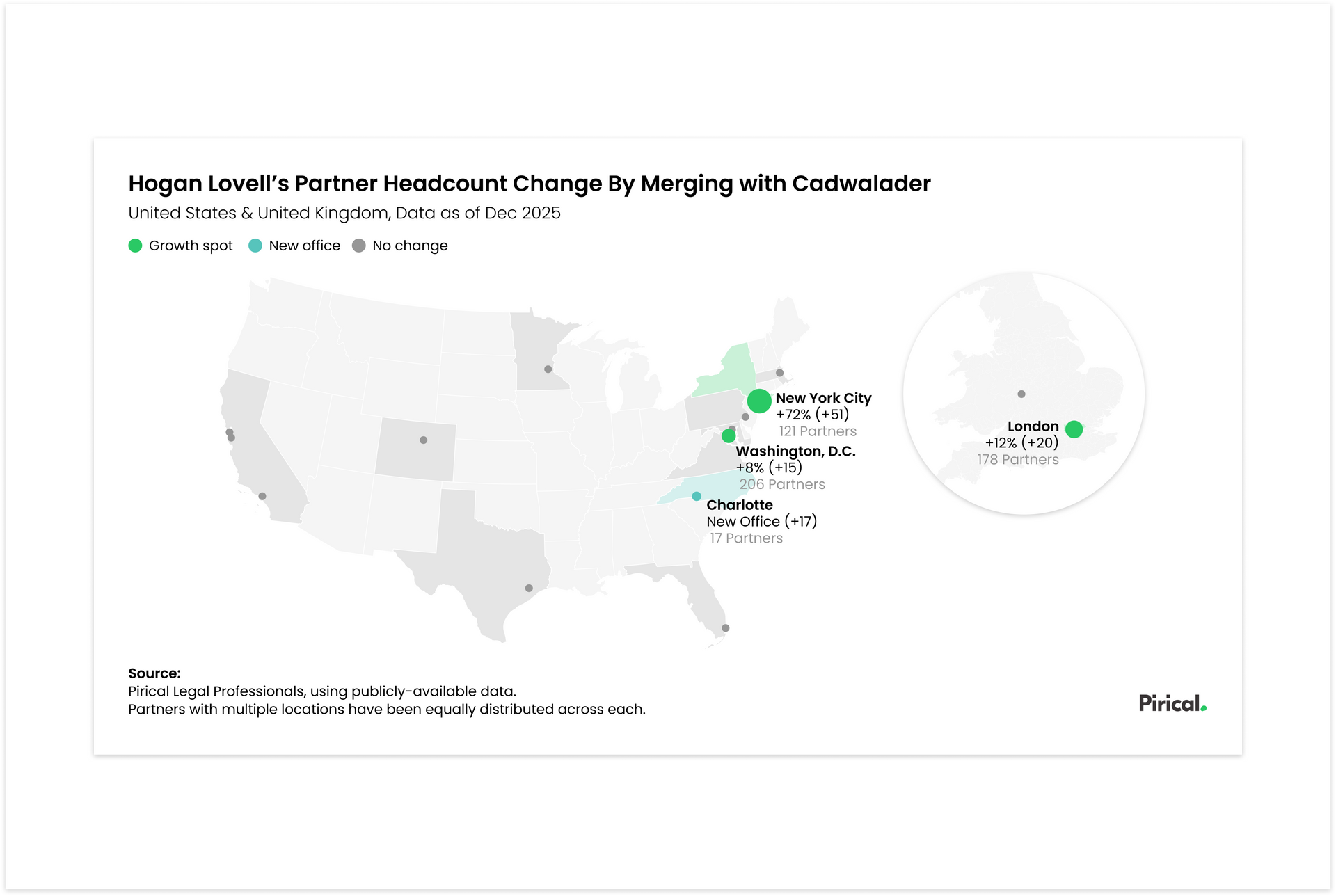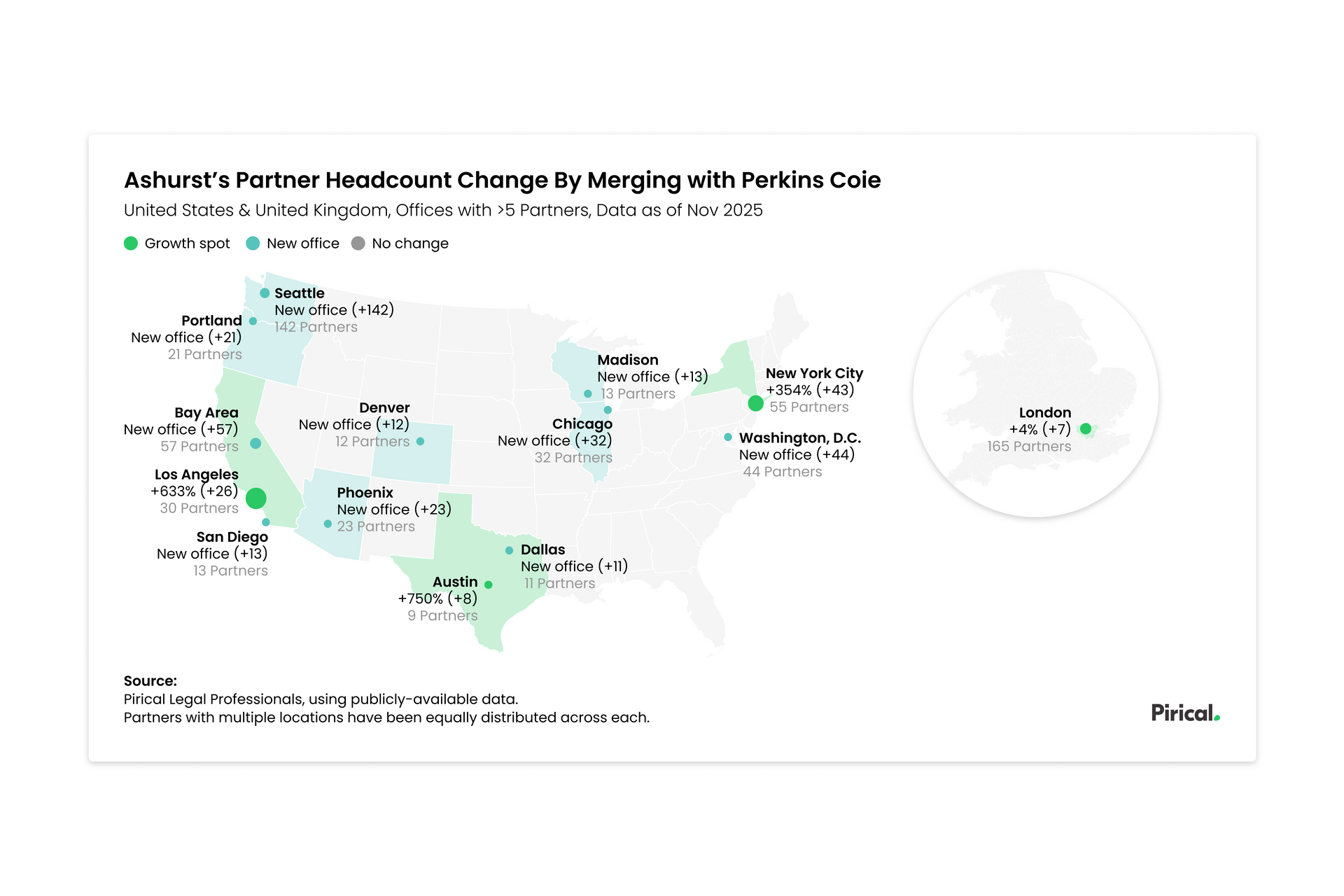Data-smart recruiters aren’t looking at your A Levels anyway
This article was originally published in the Lawyer.
Never mind the headlines. Graduate recruiters at some of the top law firms have been cooling for a while on the importance of applicants having top A Level grades.
In fact, if you were to look at the recent trainee intake of an example firm, broken down by top three A Level grades achieved, you’d notice a significant and sustained change in direction in recent years.
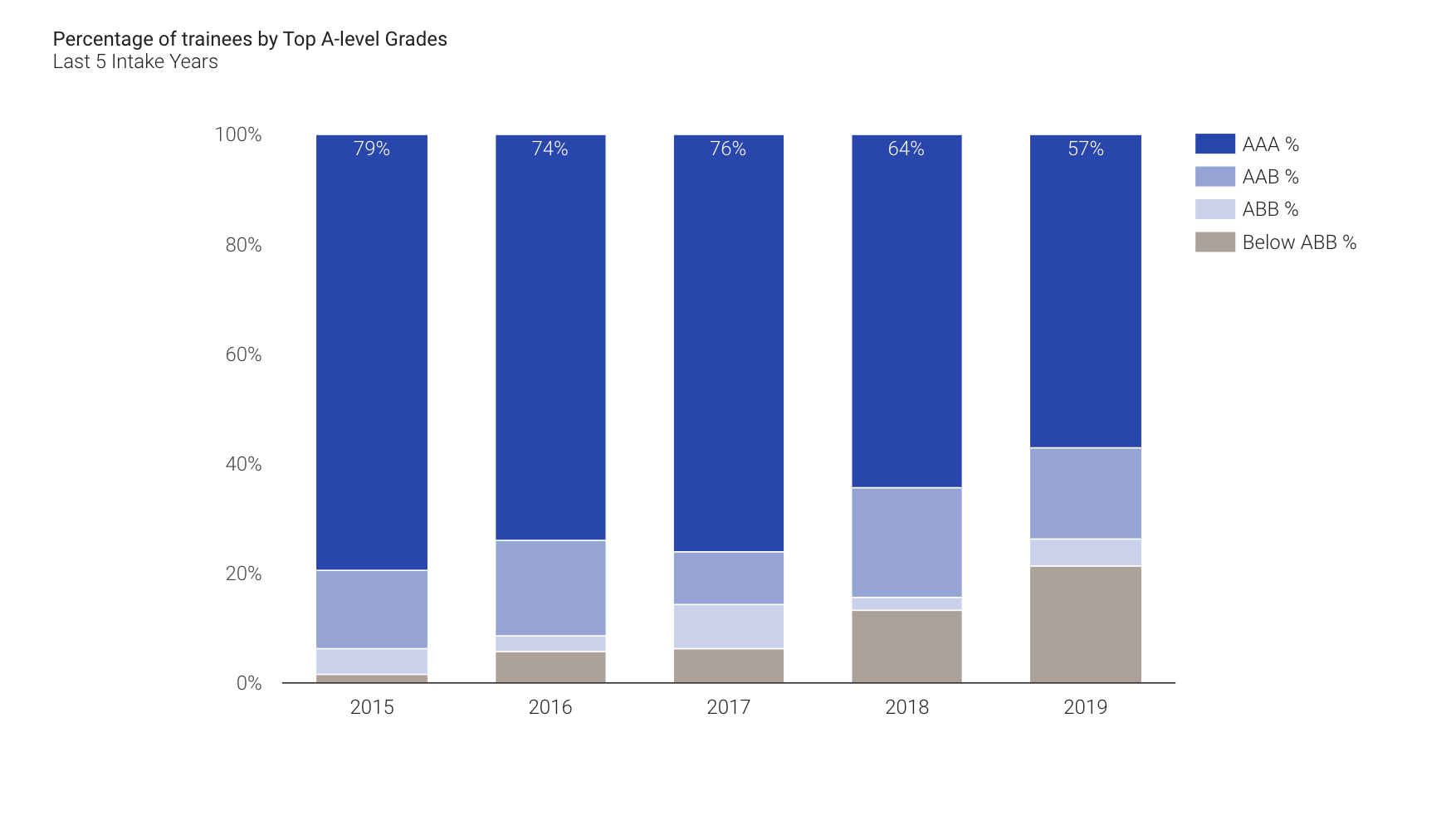
Chart: Percentage of trainees by Top A-level Grades
What’s driving this move? Well, for a start, law firms are getting better at analysing their HR data and taking the long view on what high-performing lawyers really have in common. They’re weighing up whether A Level grades are actually much of an indicator, or whether they’re more of a distraction.
Let’s go through the evidence.
Can you use A Levels to predict who will become the highest performing lawyers?
As it turns out, having 3 As (or A*s in recent years) at A Level doesn’t actually predict training contract performance. For this firm, for example, there is no difference between trainees with the highest A Level grades and their peers.
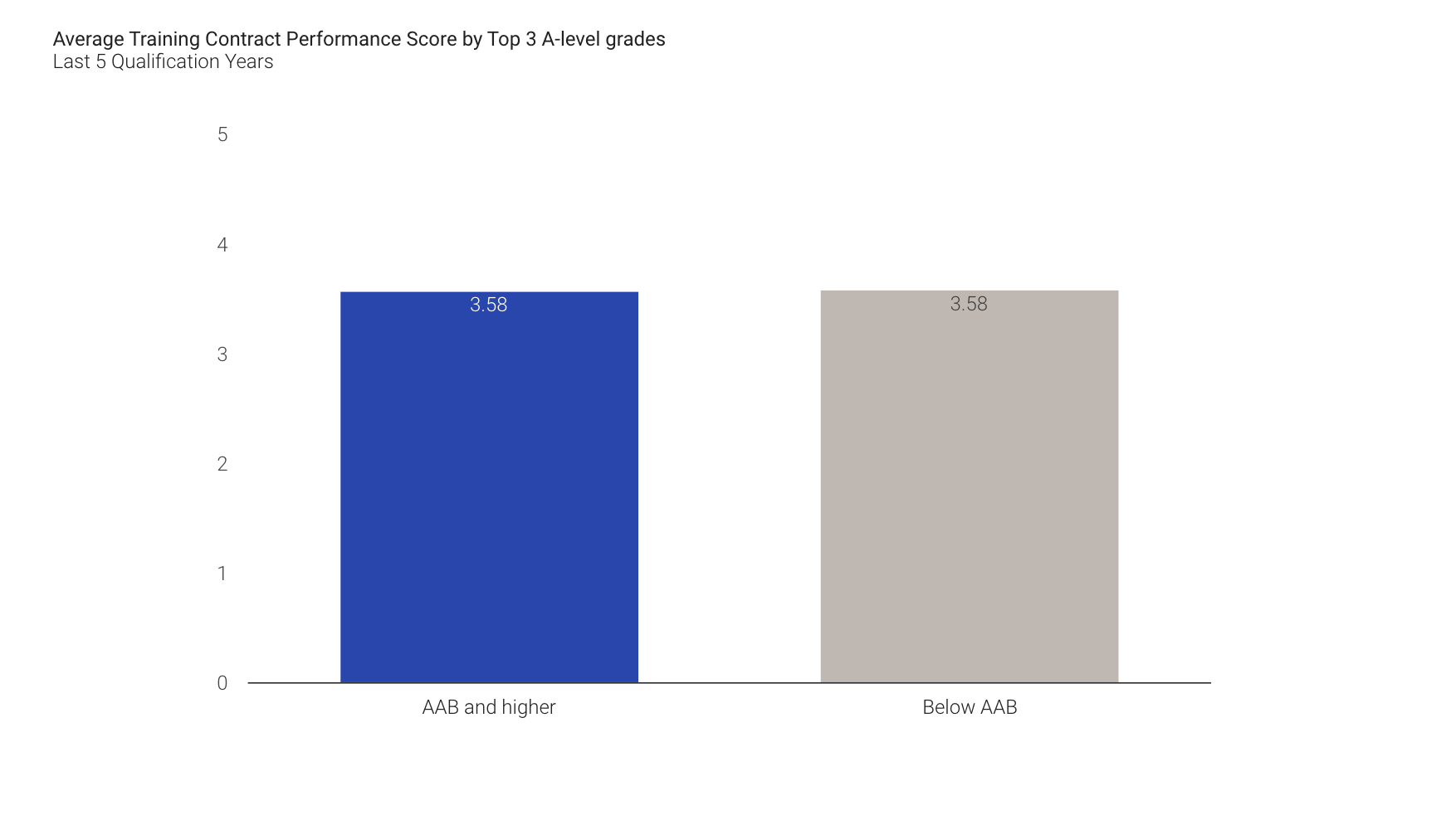
And – in case you were wondering – nor do A Levels bear much relationship to the performance or newly qualified associates in their first few years.
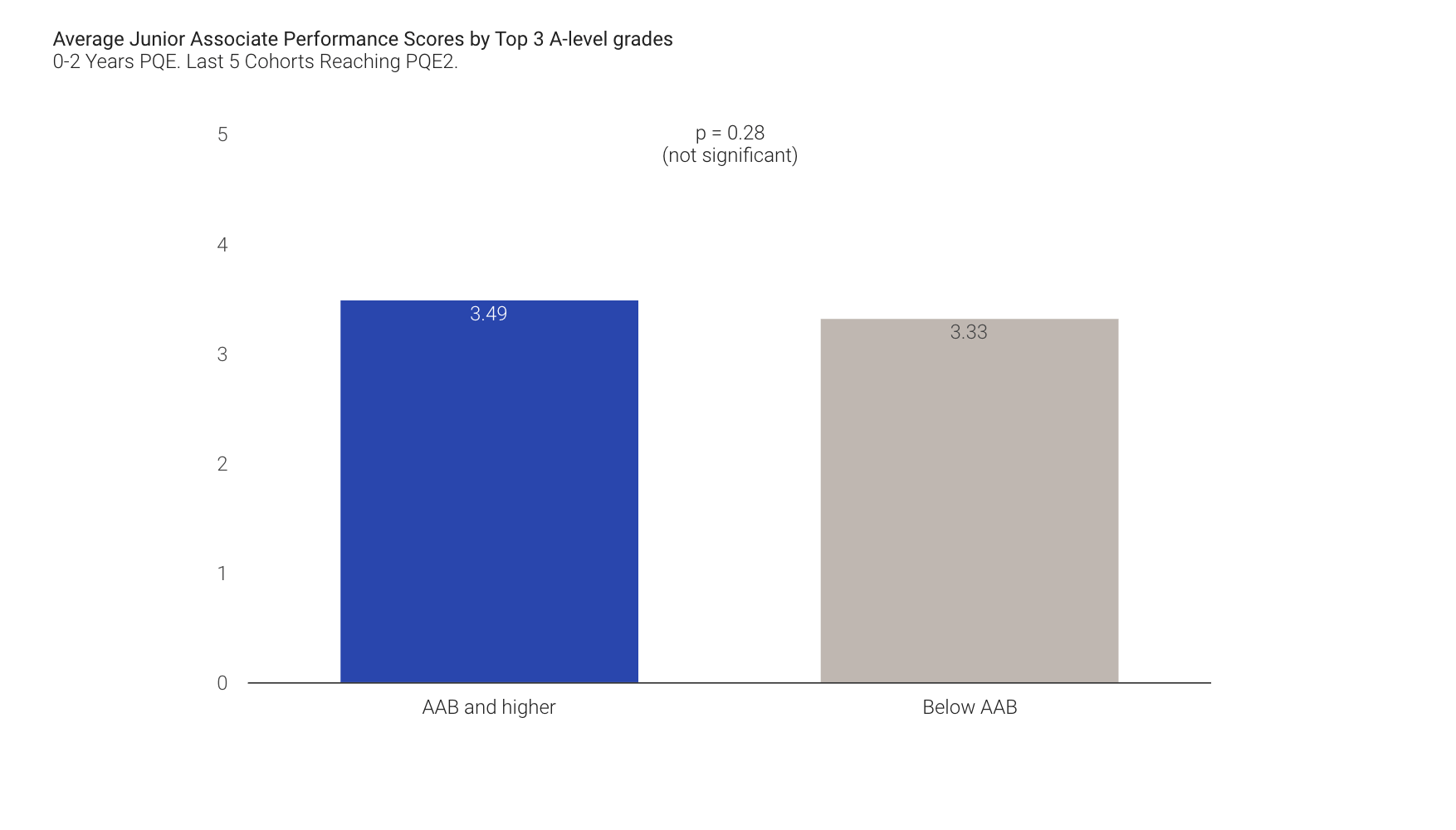
(A insignificant p-value means we shouldn’t draw a conclusion from the difference, because it could be due to normal statistical noise).
So A Levels are not a great predictor of future performance; they’re unlikely to be able to tell you who the highest performing trainees will be.
Another way to think about grades is as a filter
You could potentially use A Level results to draw a line of demarcation between candidates who are more likely to meet expectations and candidates who are less likely to meet expectations.
The way to test this is to ask: what if we had put in place higher standards, and rejected all candidates with BBB or below? Would we have increased our cohorts’ average performance?
In short, no. Filtering out those with the lowest A Levels would be a worse move than simply asking candidates to complete a popular off-the-shelf critical thinking test and discarding applicants in the bottom quartile of scores.
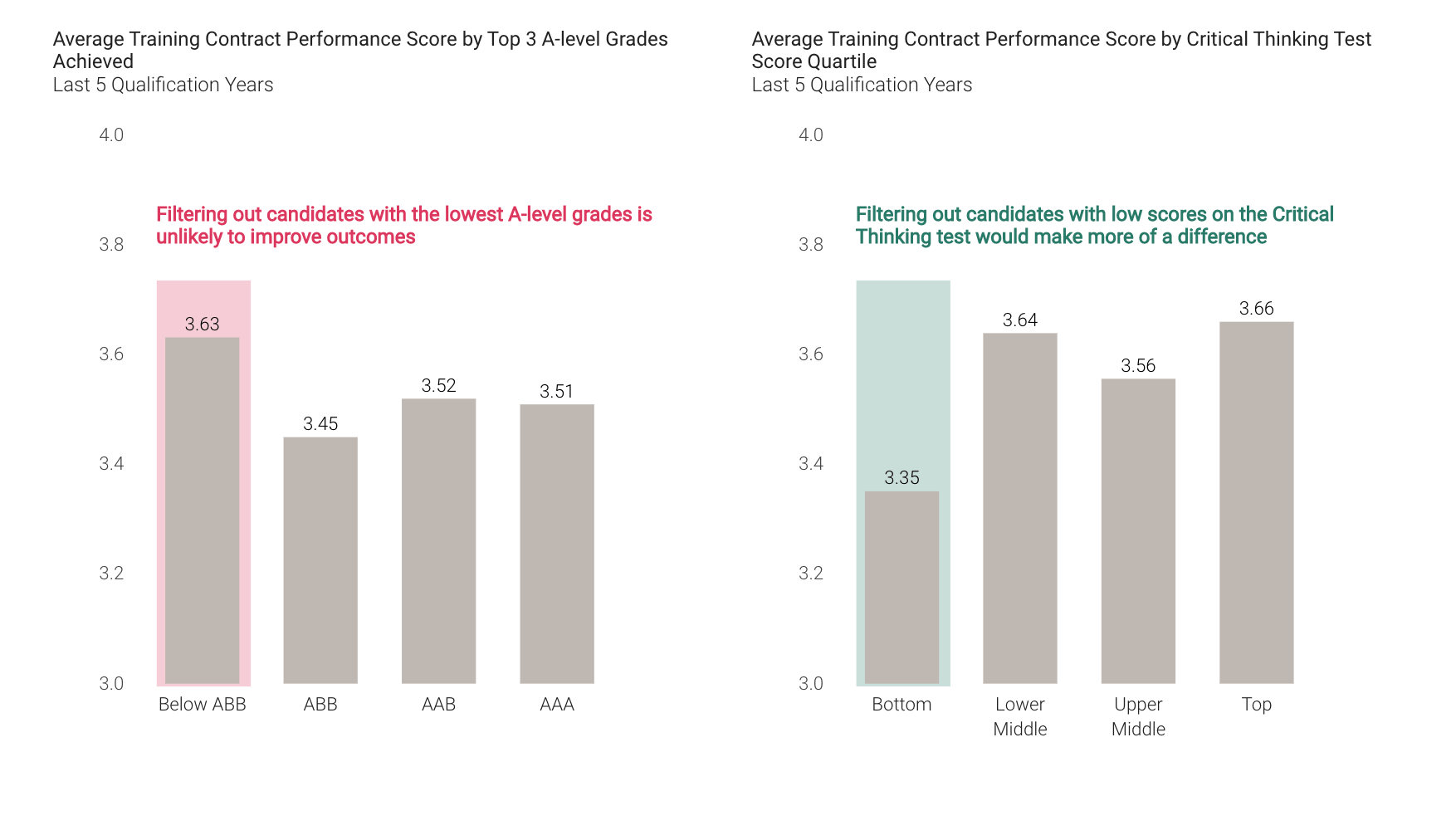
There’s one exception to the usefulness of A Levels, however
We wrote about this early last year , and it has become one of the most widely read blogs on pirical.com.
We found that A Levels can be predictive of high future performance when candidates have achieved great results despite coming from a school with poor average results. i.e. the candidate has significantly outperformed their schoolmates.
And finally, some good news for early birds
It’s increasingly common for graduate recruiters to make early job offers to undergraduates in their first or second year of their degree.
The danger here is they’re ‘flying blind’ – making an assumption that these candidates will perform as strongly in their degree as they did at A Level.
With the warning that applicants to law firms are a slightly self-selecting sample, there is good evidence that candidates with top performance at A Levels will be able to convert that into a coveted 1st or 2:1 grade, more so than their peers who dropped an A Level or two.
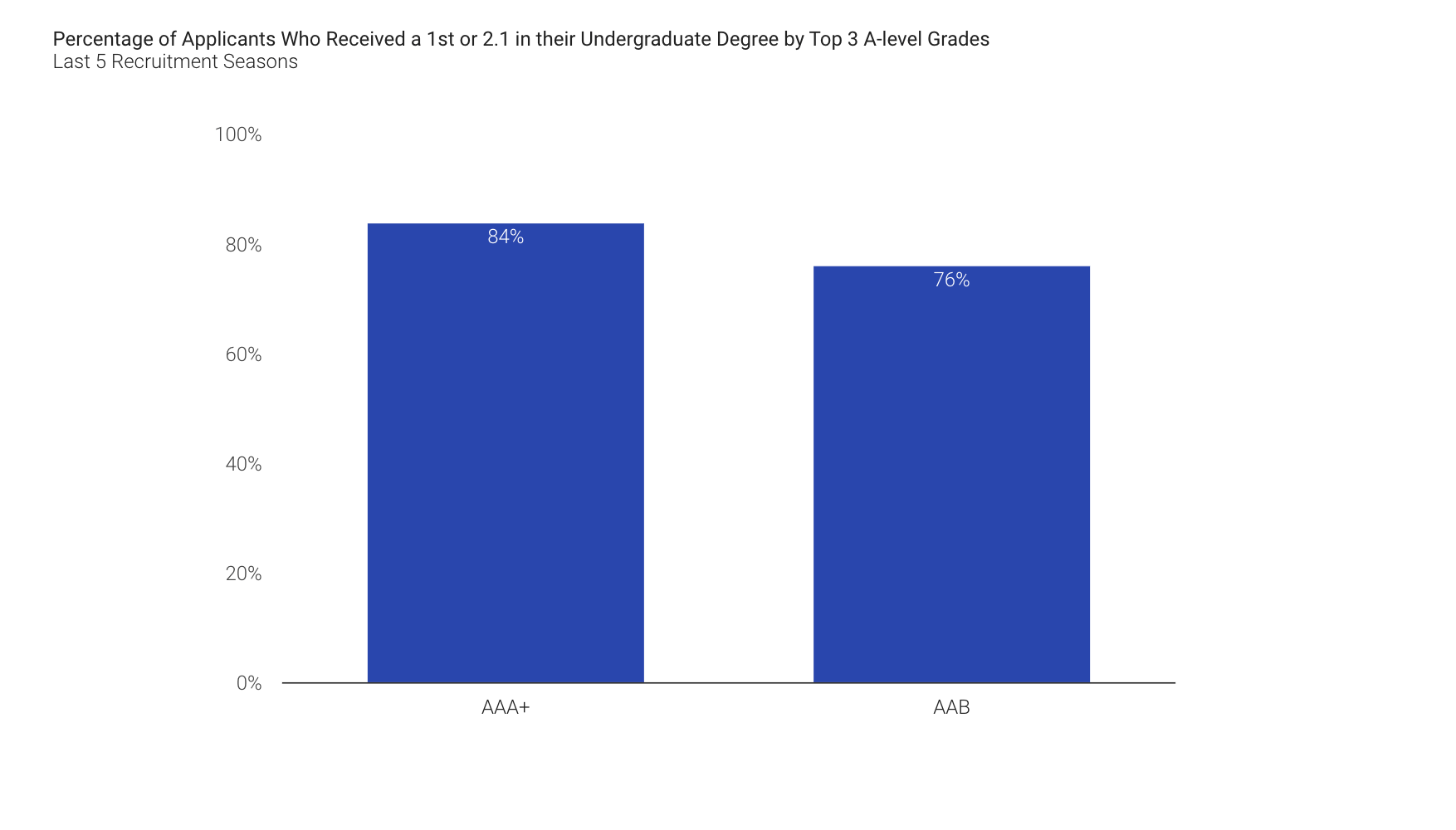
So performance at school/college is related to performance at university, but isn’t a good predictor of performance in the workplace. How about that!
Jason Ku is the CEO and founder of Pirical
Subscribe to the latest data insights & blog updates
Fresh, original content for Law Firms and Legal Recruiters interested in data, diversity & inclusion, legal market insights, recruitment, and legal practice management.

